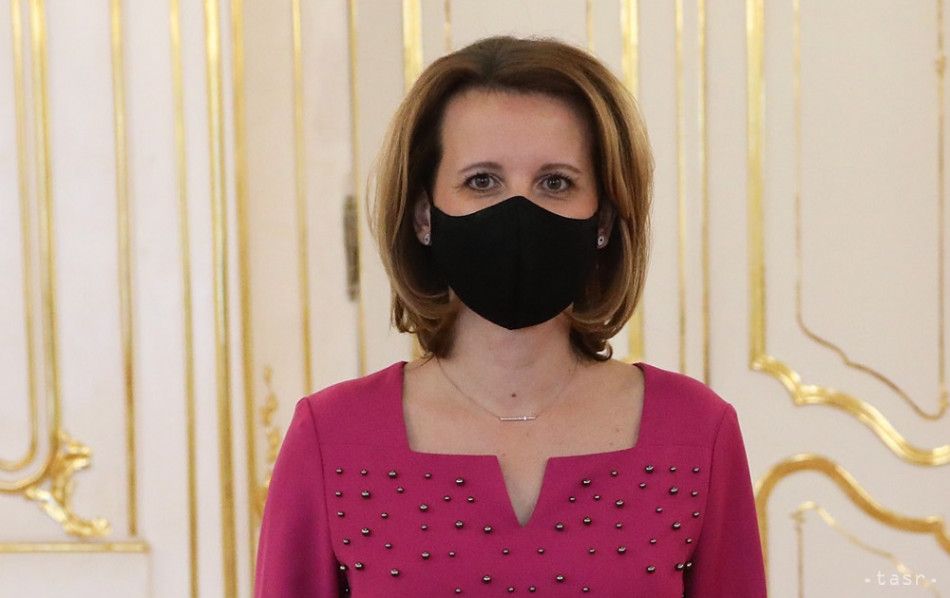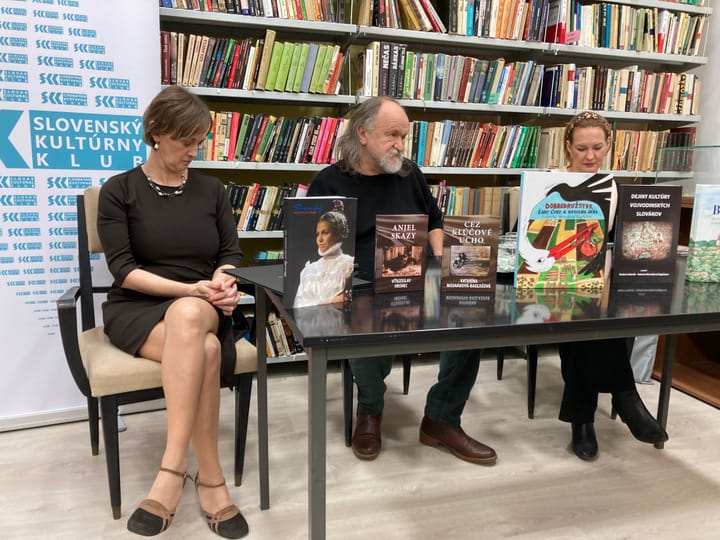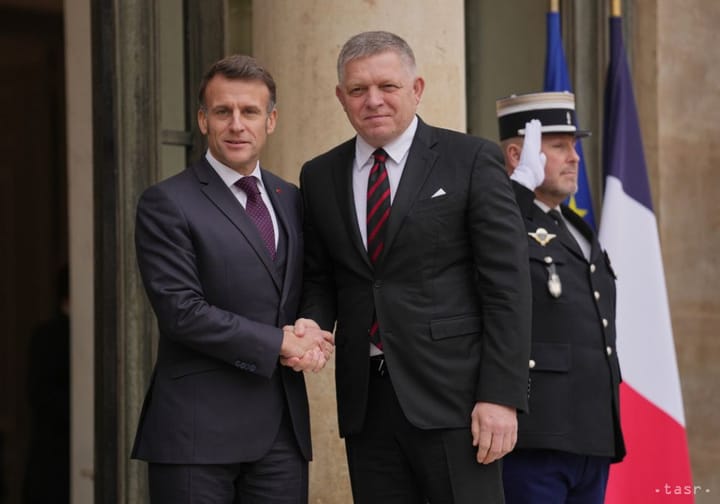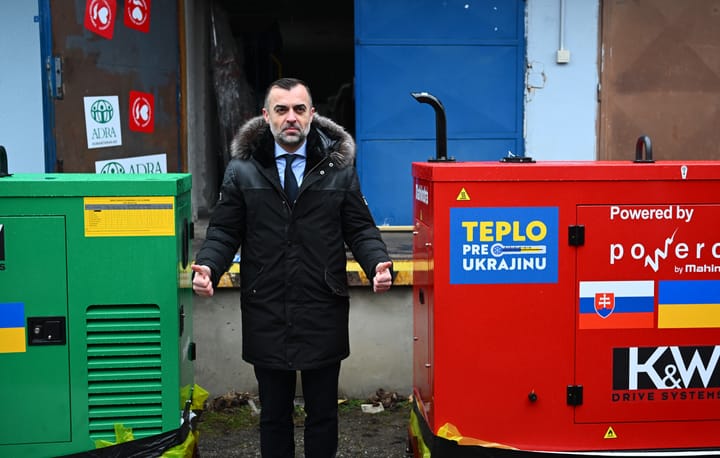CoFoE: Extension of Conference Can't Be Ruled Out, Says Vargova

Brussels, December 2 (TASR-correspondent) – The Council of the EU, i.e. the institution representing the interests of member states, has been fully engaged in the Conference on the Future of Europe (CoFoE), head of Slovakia’s Permanent Representation to the EU Petra Vargova has stated in an interview for TASR.
According to the original plan, the conference should end next spring, during the upcoming French presidency of the Council of the EU, but it cannot be ruled out that it will be “prolonged somehow” until the Czech presidency, said Vargova.
French President Emmanuel Macron shortly after Brexit proposed organising a two-year conference to outline further developments in Europe through an open dialogue with EU citizens. Vargova would view it as symbolic if the conference reached a stage of clear and concrete recommendations to be further addressed by EU institutions exactly during the French presidency of the Council of the EU. However, the start of the conference was delayed by one year due to the pandemic and it is questionable at the moment whether the shorter period will be enough to collect and summarise the proposals, said Vargova.
According to Vargova, the CoFoE stages seen so far haven’t reached a more specific form of recommendations. The persisting pandemic situation has even resulted in a delay of the first meeting of the citizens panel that should have taken place in Dublin in early December.
Although there is still an “ambition” to conclude the conference in the spring of 2022, diplomatic sources are already talking about the possibility of CoFoE “dragging on for longer”, in particular to the second half of 2022. The Czechs are supposed to take over the presidency from the French as of July 1, 2022.
“This is unconfirmed information for now. We’ll see how the pandemic allows results to be generated and whether many events and conferences, which were also planned in Slovakia, can be organised with the presence of the participants. This could have an impact on the specific results, and for this reason I can imagine the conference being extended,” stressed Vargova.
There is also a “certain political factor” in the frame – the presidential election in France in April. If Macron, who supports the CoFoE, doesn’t win it, it will be up to the new president to decide how he or she wants to deal with the conference during the French presidency of the Council of the EU and what priority it will be given, noted Vargova.
In fact, Vargova agrees with calls by representatives of several civic and non-governmental organisations that the CoFoE should continue in some way even after its official conclusion. She thinks that it shouldn’t be the case that people are given “only one year to express their opinions”.



